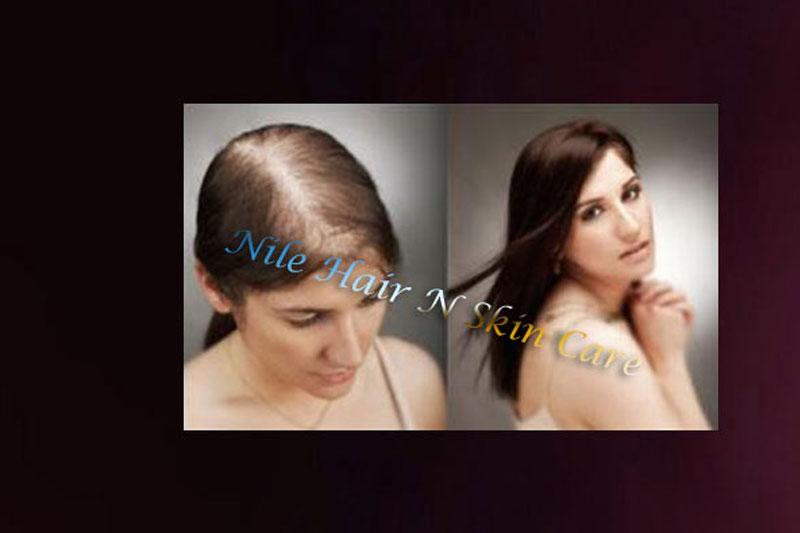
Acne is a common inflammatory skin disease that mainly affects the face, neck, chest and upper back. It is caused by an interaction between Hormones, bacteria and sebum produced by the sebaceous glands in the skin. Symptoms show as comedones (pimples), pustules (lessons filled with pus) and occasionally Cysts. Acne is traditionally thought to develop at Puberty but many women have acne throughout life or it may develop in adulthood. It can develop premenstrually or may be associated with the talking or stopping of Oral Contraceptive Pills. This is possibly caused by changing hormone levels.
We also Provide Skin Treatment in Delhi
Acne scarring is caused by a variety of factors. When acne is produced on the skin as a response to sebum, the body may attempt to target the inflammation with white blood cells. Once the inflammation has subsided, however, the tissue may have yet to be fully repaired, and as such, scar tissue will show. It is important, however, to note that marks on the skin are not necessarily scars; simple marks will usually disappear within seven months, though they may take up to two years to disappear completely.
Acne scarring should not be confused with Post Inflammatory Hyperpigmentation.
Some people are more prone to acne scars than others. Acne scars should be treated early, with dermatological consultation, to reduce their visibility and size later in life.
There are several forms of treatment for acne scars in current usage
Skin is the largest organ of the body. It is made up of two layers, the upper 'epidermis' and the lower 'dermis'. The epidermis and the dermis are further divided into other layers.
The lowermost layer of the epidermis is known as the basal layer and it contains organelles called 'melanosomes'. These melanosomes contain cells called melanocytes which produce a pigment called 'melanin'. The color of skin depends mainly on this melanin and the amount of melanin present in the other layers of the epidermis. The thickness of epidermis and vascularity of the epidermis are other factors affecting the color of skin.
What are the causes of hyperpigmentation (increase in skin pigmentation)?
Wrinkles are a natural result of aging, but you can delay their onset or minimize their appearance. To do so, limit sun exposure, wear sunscreen every day, and use skin products that contain antioxidants and retinoids, which can reduce fine lines and wrinkles.
I have acne and scars problem and I am taking treatment from Nile Skin Care from last two years and after the first treatment itself, I have seen a lot of improvement in my acne. They have very good experienced and I am satisfied with the treatment.
Harsha
My friend recommended me Nile Skin Care and I had the best experience as I have seen great results and all thanks to the staff as my skin is looking fabulous now. I would recommend this place to anyone who is looking for a good Skin Care Specialist who understands your needs and believes in giving the best possible results.
Latha
For quite a few years I have had a face with hyperpigmentation and I have been visiting many clinics but I got a very good result once I have started coming to Nile Hair and Skin Care. Initially, it sounded costly but as treatment went along I was really impressed with all the effort, the service and the dedication the doctors and the support staff put in to have my concerns addressed.Thanks to them again.
Radhika
I was looking for a good skin clinic, found Nile Hair and Skin Care and they suggested scar treatment.So, I have gone ahead, found quite a relief after the treatment. The Staffs are such a friendly people and guided me well.Thank you so much.
Manisha
I have never tried to write a review but my experience this time was very good that I am taking a moment to write about it. The staff is very patient and highly skilled. They explained me each and every step before applying to me and also the aftercare to be followed. I am very happy with the way they addressed at the front desk and the way I was treated during and after the procedure. Definitely, I will come back for more and make sure I visit them often.
Neethu